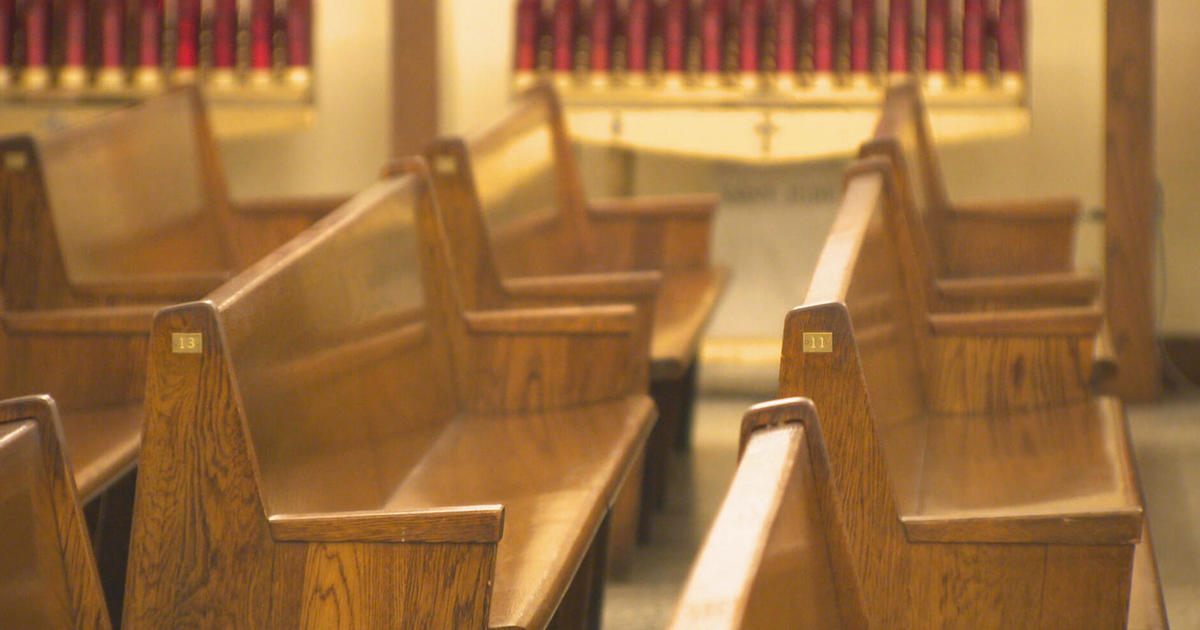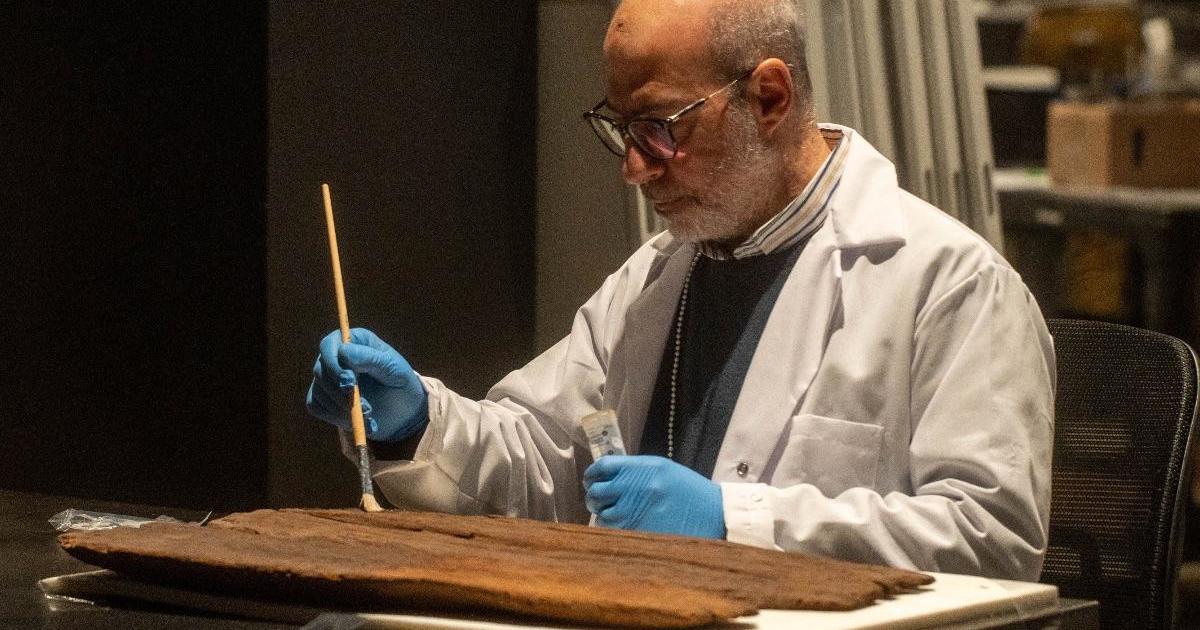Experts Offer Tips On Protecting Your Information From Hackers
PITTSBURGH (KDKA) -- If you have a laptop, you probably love the convenience of using it on the go. WiFi lets you connect just about anywhere.
But that freedom does have some drawbacks. Like hackers trying to steal your information right from under your fingertips.
KDKA Consumer Editor Susan Koeppen says it's pretty easy for hackers to grab our information when we go wireless.
Free WiFi is everywhere. There are more than a million hotspots worldwide, from coffee shops to airports to hotels.
According to a recent study by the Wi-Fi Alliance, Americans get a "D" when it comes to their WiFi security.
"Consumers should be very, very cautious when using publicly available WiFi," says Kelly Davis-Felner of the Wi-Fi Alliance.
Koeppen wanted to see just how easy it is for someone to steal your information while using WiFi, so she headed to Carnegie Mellon University and met up with ethical hacker Spencer Whitman.
Whitman says anyone can capture the traffic coming out of your computer.
So Koeppen put Whitman to the test, with their computers sitting back to back, Koeppen got onto CMU's open WiFi network.
It took Whitman just nine seconds to find Koeppen's information on the open network, and seven minutes later he was posting messages in her account.
Koeppen: "When you go to the airport and sign on to that WiFi open network?"
Spencer Whitman: "Anyone can see everything you are doing."
Koeppen: "So, you are basically broadcasting your information?"
Whitman: "That's exactly what you're doing."
To protect yourself, experts say you should always use WiFi networks that have the security feature known as WPA2 (WiFi Protected Access Version 2).
Use websites that encrypt your information - look for http"s" in the address bar.
If you have one, use a virtual private network or VPN, which jumbles your data.
Also, if you're not sure about the WiFi you're using, never pay your bills online or check things like your bank account.
"Be careful, be aware and don't do anything sensitive if it's on an open network," says Whitman.
Your WiFi at home could be putting you at risk too. If your router is several years old, it may use the old WiFi security called WEP, which was broken by hackers a long time ago.
You should always use a password with your WiFi at home, and make sure it's a strong password - at least eight characters long and a mix of letters and numbers.
RELATED LINKS:
Wi-Fi Alliance
More Featured Stories



